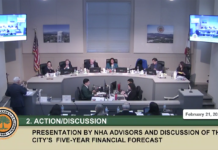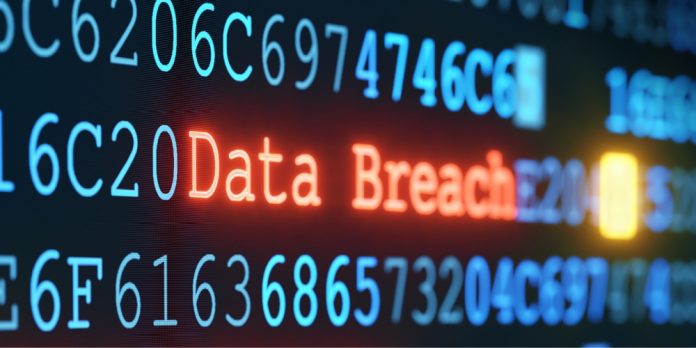By now you’ve heard about the Equifax breach and that 143 million people could be affected. The cyberthieves hacked into one of the three nationwide credit reporting companies and stole names, social security numbers, birthdates, addresses and the numbers of some driver’s licenses. If you were involved in a credit report dispute, your credit card number may have been exposed as well.
So what to do… Start by checking with Equifax as to whether you are part of the breach. Go to their website www.equifax.com and click through to get to the Potential Impact link www.equifaxsecurity2017.com/potential-impact/
Next, Equifax is offering a free year of credit file monitoring and identity theft protection with TrustedID Premier, whether your information has been breached or not. The website leads you straight to this option once you’ve checked your status.
Tracy Thomas, a representative with ID Shield, a full service identity protection and restoration company, says “the key is to having protection in place before it’s a problem. Better to be proactive than reactive.” Thomas points out that our information is already out there. The most important thing to do is monitor and continue to be careful with our accounts and sensitive information.
Here are a few other ideas to protect and monitor yourself. Request a free copy of your credit report from all three agencies – Equifax, TransUnion and Experian once a year. You can do all three at one time or just one or two. Many sites offer the service for free, I used AnnualCreditReport.com, which claims to be the only official site explicitly directed by Federal law to provide them, and had a good experience.
Watch your credit accounts. Log in to your credit card’s online account at least once a week. Set up automatic alerts. It’s very easy to do.
Use a credit protection tool, get fraud alerts and/or credit freezes in the case of identity theft. Fraud alerts can be set up with the three credit reporting agencies at the moment you suspect you are a victim and give you peace of mind once you have become a victim of identity theft.
A credit freeze prohibits the release of your credit file to new lenders. It can stop anyone from stealing your identity or impersonating you. This option does cost, so weigh the pros and cons.
Finally, if you want to rely on the experts, sign up with a service that does the monitoring for you. They all have varying degrees of service, some go deeper than others, and are all reasonably priced. Here are several to look at: Identity Force, Life Lock, Watchdog, Credit Sesame and IDShield. IDShield, not only monitors they also guarantee to restore you or your family member’s identity. If you become a victim of identity theft while an IDShield member, they’ll spare no cost, using licensed private investigators and do “whatever it takes for as long as it takes” to help recover and restore your identity to its pre-theft status.
















.png)








